Cycling for art! Claudio Longhi, the director of the Piccolo Teatro in Milan, brings sustainability and self-production of energy to the stage.
The Central Institute for Intangible Heritage (Istituto Centrale per il Patrimonio Immateriale - ICPI) is an institution dedicated to giving value to demo-ethno-anthropological cultural assets, or in other words, the intangible cultural heritage present in the national territory, promoting education, study, research and outreach activities, in collaboration with universities, research centres, and public and private bodies. Leandro Ventura is its director.
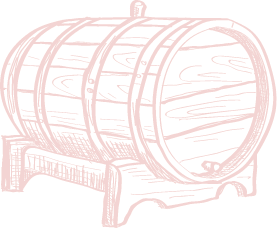
We are speaking about aspects of the culture of a population that are not tangible - traditions, rites, ceremonies and festivals, arts and trades, music, dance, games, cuisine - which are just as important as material assets. This intangible cultural heritage, passed down from generation to generation, is continuously evolving and constantly being recreated by communities in response to their environment, their interaction with nature, and their history, and it gives them a sense of identity and continuity.
And that's not all - it also represents a significant contribution to the promotion of respect for cultural diversity and human creativity: a fundamental goal of the UN 2030 Agenda for Sustainable Development.
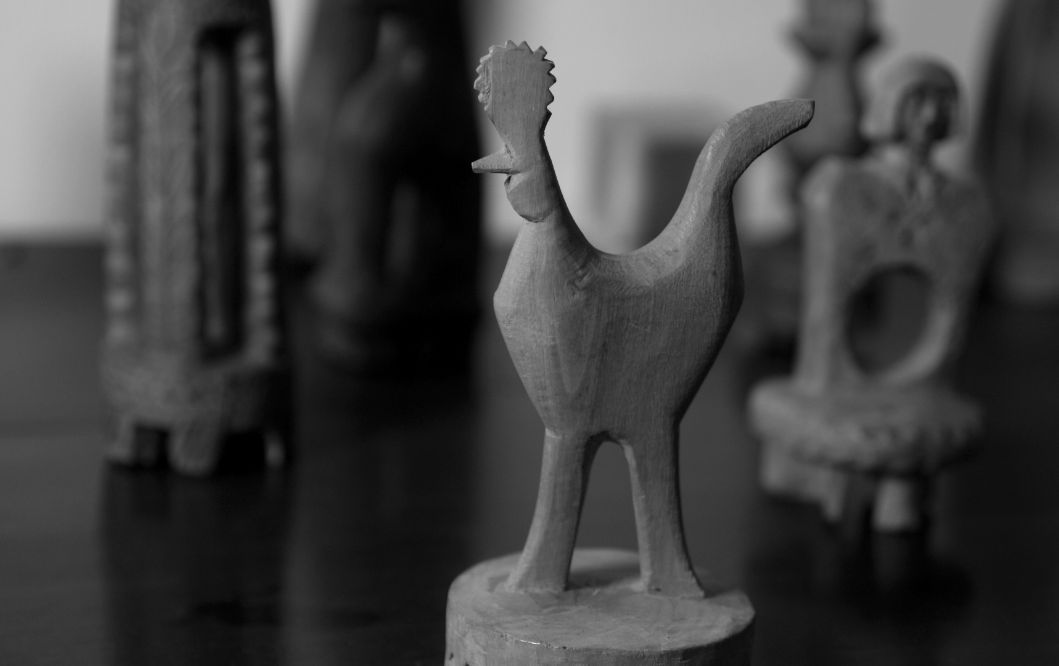
Definitely the Geoportal of Food Culture, "GeCA". Over the years, the enormous number of practices, traditions and rites belonging to the food and agriculture sector has been progressively recognised as an integral part of the intangible heritage of the communities of every country and continent, and often also as representative of the forms of interaction between mankind and the environment, with examples of sustainable approaches. As we know, food is a vehicle for excellence through which we can truly get to know the territory, the primary connection between mankind and the planet, and in Italy this is maybe even more true than elsewhere. For centuries we have developed small and micro local businesses that today represent and contribute to the excellence of Made in Italy with a huge variety of food and wine. Distinctive, unique recipes the likes of which exist in few other places around the world. GeCA is the project that brings together all these distinctive, unique aspects.

Created for Expo 2015 as a pilot project of the Ministry of Culture, GeCA came out of the desire to share the food-related documentary archives present all over the national territory on one single digital platform, with the aim of contributing to the tourism-based and cultural development of the regions.
In 2018, in the context of initiatives connected to the Year of Italian Food around the world, the Ministry of Cultural Heritage and Activities and Tourism published the online GeCA portal: a great story of the agricultural and food-related identity of our country.
There is a Latin phrase - Genius loci - that perfectly describes this convergence of energy that can empower a particular place. Today, this expression identifies a phenomenological approach to the study of the environment that dedicates particular attention to the interaction and connection between a place and its identity, in all its practical, material aspects, and also in terms of its more abstract, intangible elements. GeCA is in the running to become the leading portal for the promotion and dissemination of intangible heritage culture in Italy. The goal is to include all of the Italian regions, and in order to do this, we came up with the idea of a roadshow: the most practical, effective and motivating way to present a project and engage new participants and audiences.
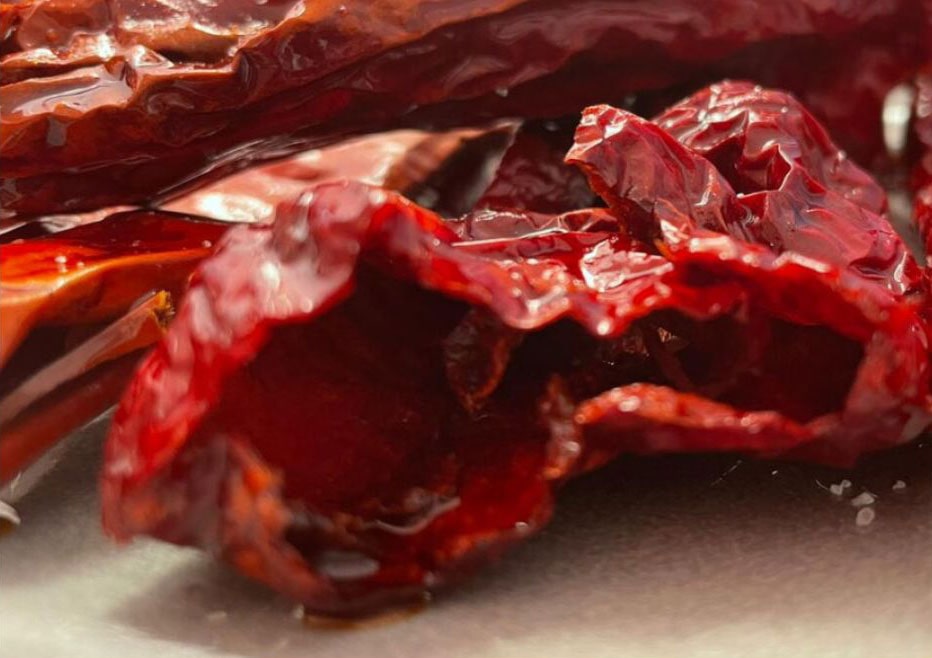
Food culture is therefore the key to promoting the territory, and it is an essential asset to protect and encourage, by respecting and protecting both the ecosystem and the memory linked to the history of mankind.
The identity of a community is reflected in food, and it is imperative to preserve this collective memory by researching and mapping food and wine products and the demo-ethno-anthropological traces of culture connected to them.
Digital technologies, micro-narratives, updating and acquiring archives, organising events, communication strategies, and research: these are all tools that interact in one single, holistic vision.

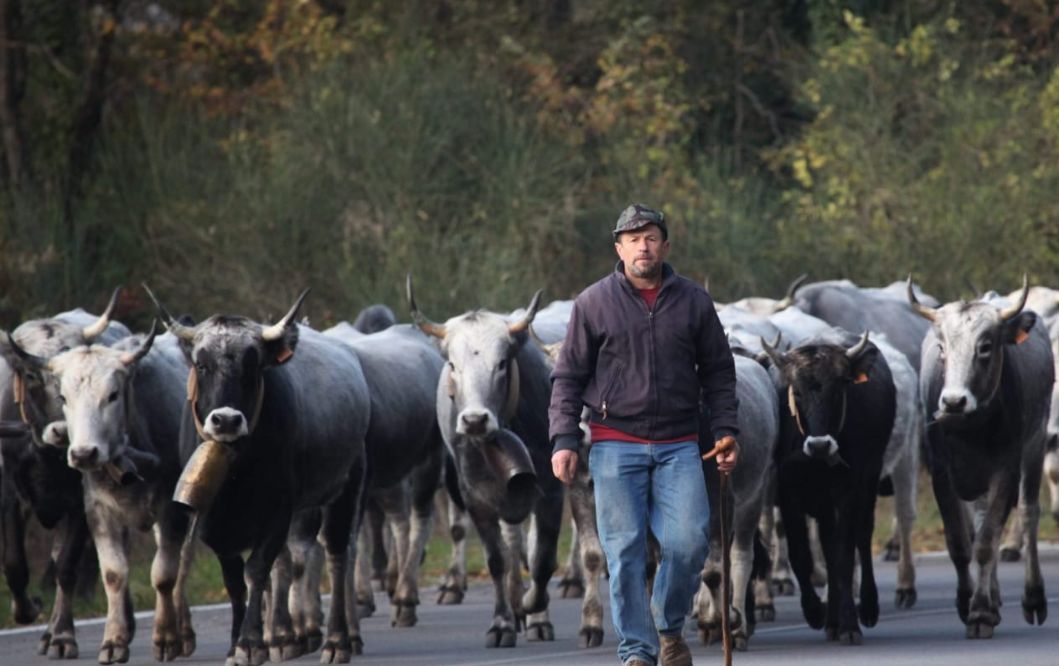
The continuation of the GeCA project has been directly entrusted to the Directorate of the Central Institute for Intangible Heritage, in collaboration with the Pollenzo University of Gastronomic Science, and funded by the PON for Culture and Development (National Operational Programme). In 2021, we launched a new phase of the promotional process. In parallel with the activities of research and modernisation of the digital experience that we have been developing, starting with a focus on Basilicata, the goal is to extend this pilot project to other regions of Italy with the launch of a real "Call for partnership" that aims to engage territories and their most important stakeholders in the topic of national eno-gastronomic heritage. Over time, new research topics have been added, functional to the increasingly digital form of our communication.
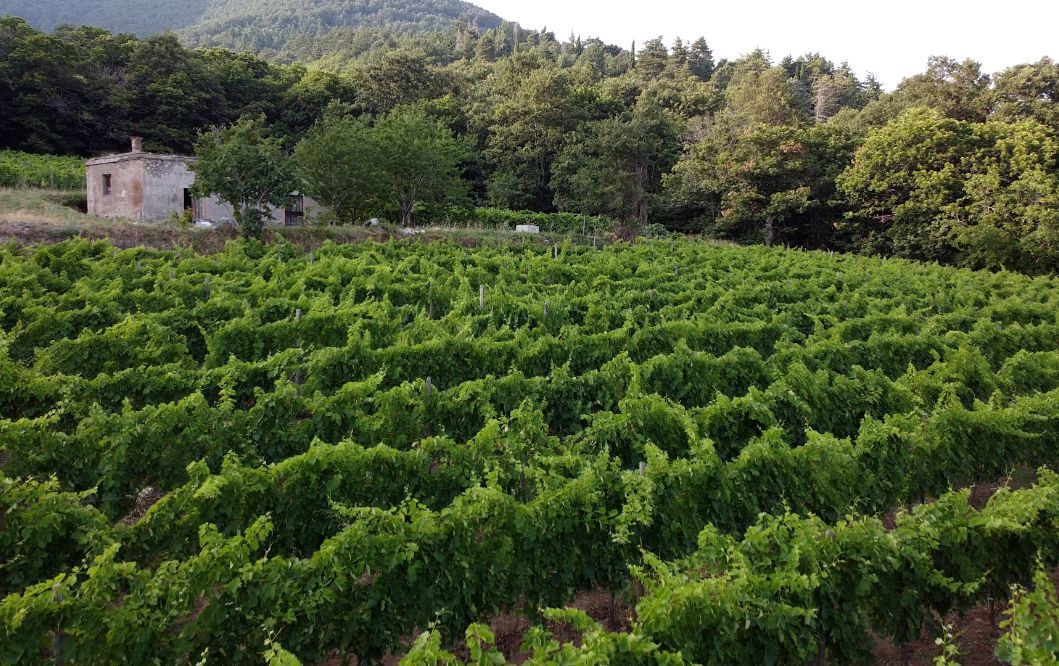
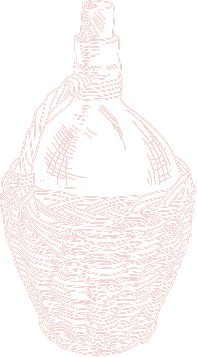
Food, culture and territory:
a trio with an inseparable bond; we Italians cook and eat sensations, pieces of history, relationships, legends and traditions.

Images Credits:
- Press Kit_GeCA @Bis di Biella
Cycling for art! Claudio Longhi, the director of the Piccolo Teatro in Milan, brings sustainability and self-production of energy to the stage.
An exhibition on the connection between design and sustainability through the excellence of Italian creations, at Art Basel Miami.
